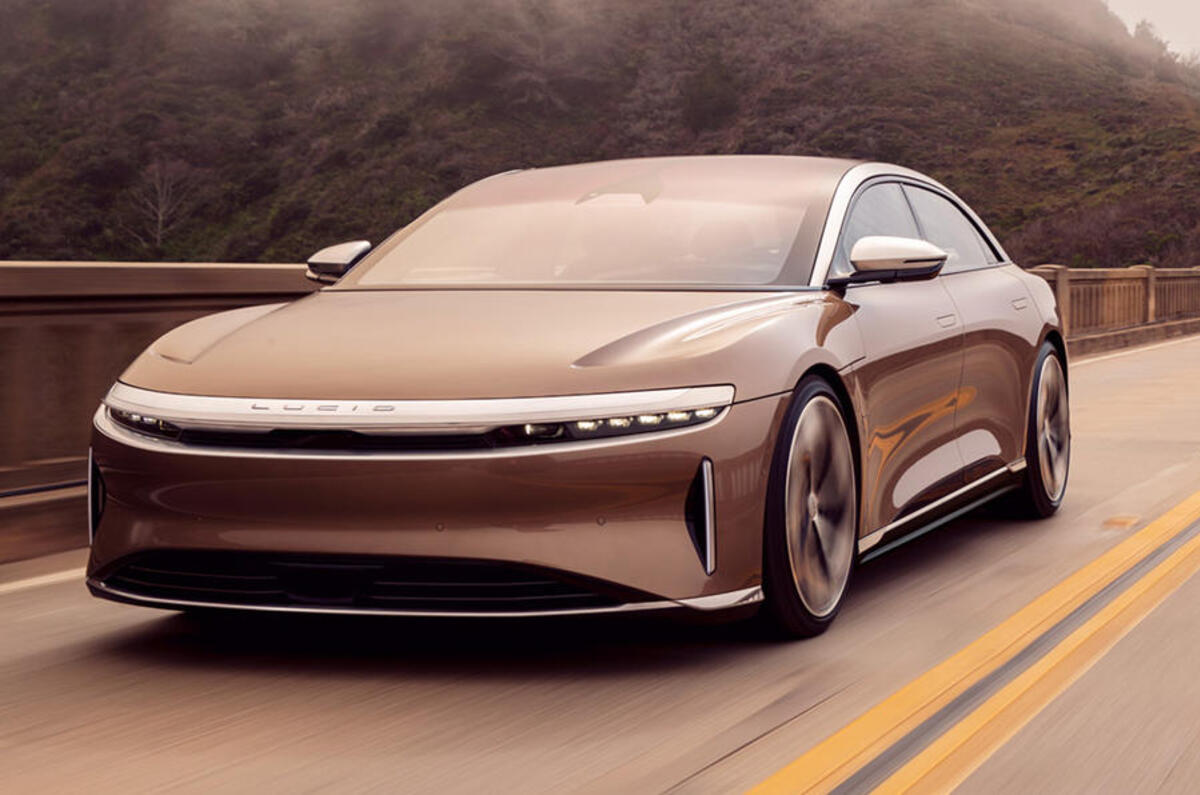Absolutely! Here’s a 3000-word article about the fastest charging electric cars, formatted as requested with `
` and `
` tags:
The electric vehicle (EV) revolution is in full swing, with manufacturers pushing boundaries in performance, range, and increasingly, charging speed. As range anxiety subsides, “charging anxiety” takes its place. The ability to quickly replenish an EV’s battery is becoming a crucial factor for consumers. This article delves into the cutting-edge technology and the vehicles leading the charge in the race to the fastest recharge.
The Importance of Fast Charging
The speed at which an EV can recharge directly impacts its practicality and appeal. Long charging times can be a significant inconvenience, particularly on long journeys. Fast charging aims to bridge the gap between the convenience of gasoline refueling and the emerging world of electric mobility.
Understanding Charging Speeds
.jpg)
Level 1 Charging: Standard household outlets, offering slow charging, typically adding a few miles per hour.
Factors Affecting Charging Speed
Maximum Charging Rate (kW): The peak power the car’s onboard charger and battery management system can handle.
The Leading Contenders in Fast Charging
Several manufacturers have made significant strides in fast charging technology, pushing the boundaries of what’s possible.
Porsche Taycan Series
The Porsche Taycan was an early pioneer in 800-volt charging architecture, enabling incredibly fast charging speeds.
Hyundai Ioniq 5 and Kia EV6

Hyundai and Kia, under the Hyundai Motor Group, have also adopted 800-volt charging technology in their Ioniq 5 and EV6 models.
Lucid Air
Lucid Motors has focused on delivering impressive charging performance in its Lucid Air luxury sedan.
Tesla Models
Tesla’s Supercharger network and evolving vehicle technology have played a significant role in advancing fast charging.
Genesis GV60
Another model that utilizes the Hyundai groups E-GMP Platform, the GV60, gains similar benefits.
Other Emerging Technologies

Battery Technology: Solid-state batteries and other advanced chemistries hold the potential for even faster charging speeds.
The Future of EV Charging
The race to the fastest charging EV is far from over. Manufacturers continue to invest heavily in research and development to push the limits of charging technology.
800-Volt Architecture: The New Standard?
The adoption of 800-volt charging architecture is gaining momentum, offering significant advantages in charging speed and efficiency.
Beyond Peak Power: Sustainable Charging
The focus is shifting towards sustainable charging practices, including the integration of renewable energy sources.
User Experience: Seamless Charging
Improving the user experience of EV charging is crucial for widespread adoption.
The Evolution of Battery Technology
Battery technologies will continue to have a major effect on how fast EV’s can recharge.
Conclusion
The pursuit of faster charging speeds is a key driving force in the EV revolution. As technology advances and charging infrastructure expands, the convenience of electric vehicles will continue to improve. The vehicles discussed in this article represent the cutting edge of fast charging technology, demonstrating the incredible potential of electric mobility. As battery tech evolves, charging speeds will likely rise even more. The days of hours long EV charge times are quickly becoming a thing of the past.
.jpg?ssl=1)


